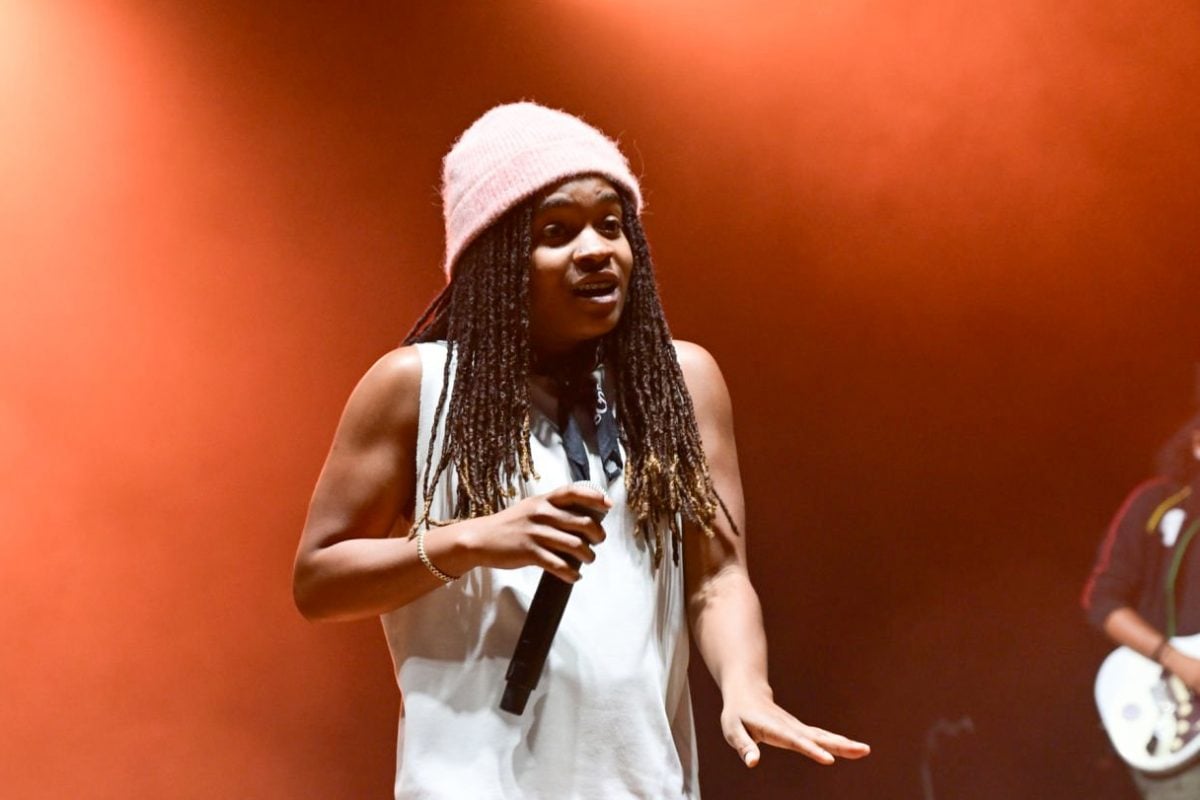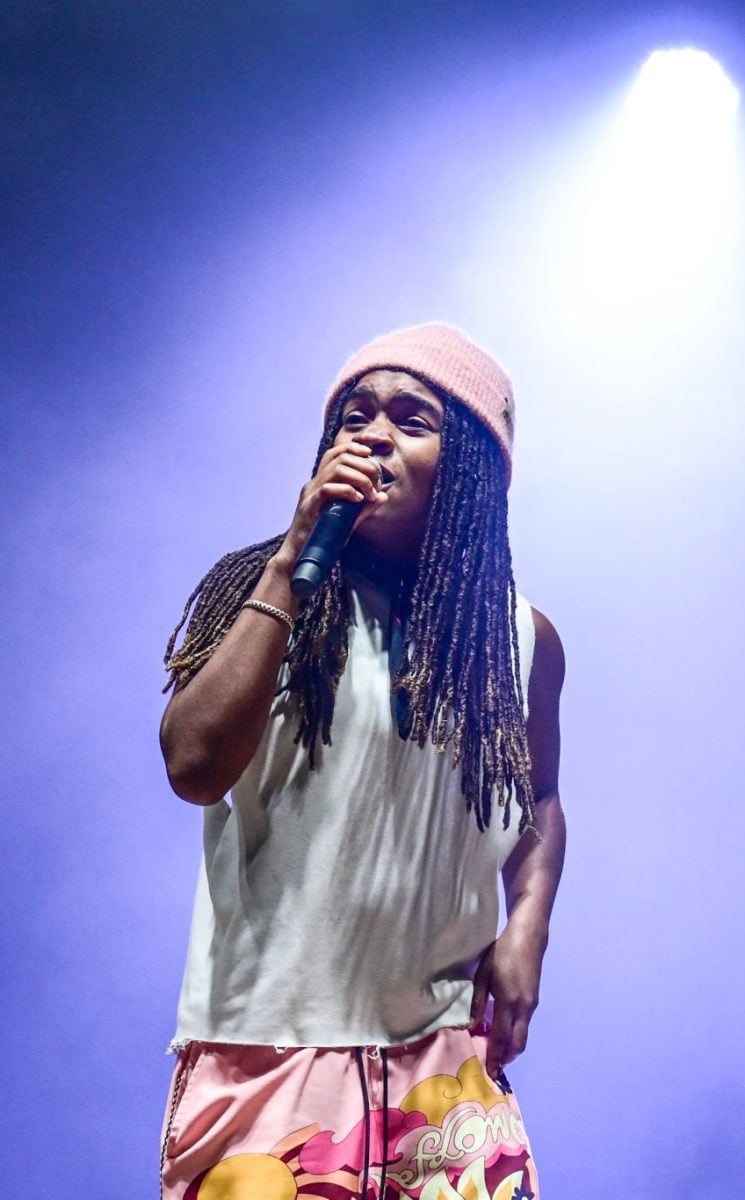Koffee Reiterates That She’s Not A Rasta: “Now I Eat All The Meats”

Jamaican superstar Koffee has affirmed that she is not a Rastafarian, explaining that she has switched from being a pescatarian (someone who adds seafood to a vegetarian diet) to eating various types of meats, including pork.
During a Loop Barbados interview ahead of a scheduled performance in Barbados, Koffee, who grew up in the Seventh Day Adventist Church, was asked about her diet and lifestyle. In response, the Lockdown singer said that she eats whatever she likes.
“So one time I tried to be pescatarian, but now I eat all the meats. I actually had bacon for my breakfast this morning…,” the 2020 Best Reggae Album Grammy winner explained.
“As you know dem seh Rasta nuffi eat pork. I am not a Rastafari. I basically eat whatever I like, what I feel like I would eat. I am not like opposed to any type of meal,” she added.
Many persons have been of the belief that Koffee is a Rastafarian due to, among other things, the fact that she sports dreadlocks, has been ‘moving’ with the Reggae Revival Rastafarian artists, and has made references to ‘Jah’ in her songs.
But in a Reggaeville interview in November 2017, after being asked if she embraces Rastafari due to her song Burning carrying Rastafari references, Koffee had said “not really.”
“I’m not really a Rasta. I remember saying the words ‘Jah Jah cover my journey’, but ‘Jah’ is actually in the bible, so I worship God, and Jah is another name for God. The fire I sing about basically means that drive, that passion,” she had explained.
The song Burning, which was featured on her Rapture EP, had carried lines that spoke to her desire to be a Rastafarian, and had made references to Jah, the name Rastafarians use when speaking of their Almighty, Emperor Haile Selassie I.
“Mommy seh be doctor, granny seh be preacher
Wan’ fi be a rasta, Daddy be neater,” she had deejayed in the song’s second verse.
Koffee had also told Reggaeville, that the song stemmed from a drawback, and was a bid to inspire herself to press forward.
“It was really a disappointing experience I had that caused me to write that song, to tell myself to move forward. You have a lot within you, everybody has that fire, and you should just try and find it and burn as much as possible, burn as in shine, so that was a message to myself and hopefully a message to many other people. That was what I meant by the fire,” she had said.
Earlier this year, in a veiled statement, Grammy Award winner Kabaka Pyramid took to Twitter to denounce the ‘slack’ references in Valiant’s song titled Rasta and lamented how the Rastafarian faith was being treated and mocked in Jamaica.
However, he was criticized by some persons, who accused him of failing to denounce Koffee, who, according to them, had done “worse than Valiant.” He was also rebuked for being silent about her collaboration with LGBTQ ally Jessie Reyez and Sam Smith, who refers to himself as non-binary.
In turn, Kabaka had asked for evidence to show that Koffee had claimed Rastafari. “Also, mek me know is when Koffee did seh she a Rasta…,” Kabaka had written.
“She a wah? When she seh dat?” he had asked of one commenter who had asked him: “y u neva have the same energy fi koffee weh do song with sam smith an she a Rasta!”

